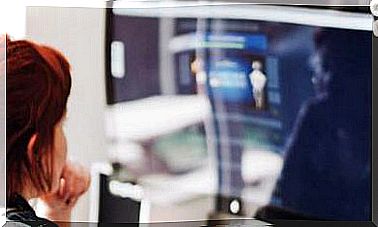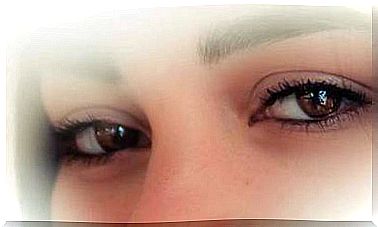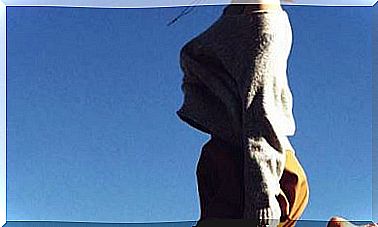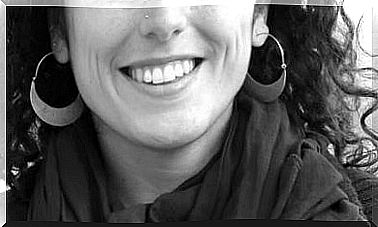“The Body Is An Immense Clock. If It Is Uncoordinated, We Live Less And Worse”
The biochemist Carlos López-Otín has just published The Dream of Time (Editorial Paidós), a book that reflects on exquisite on the lack of synchrony between the time of the world and that of life and that gives us clues to aging and longevity.
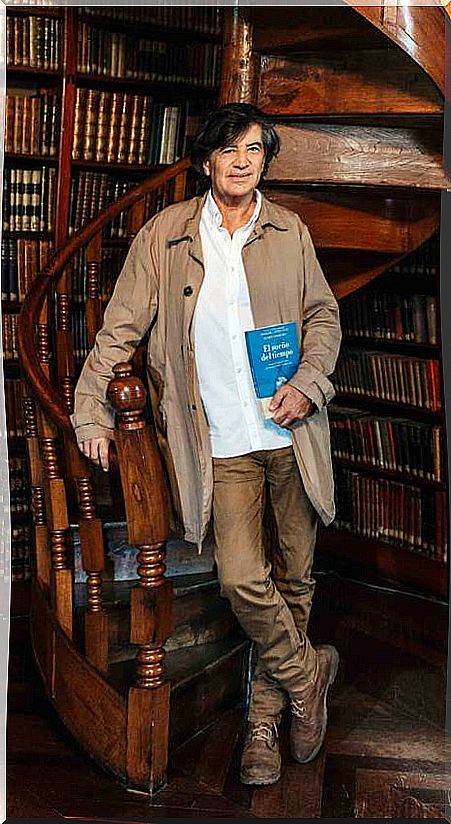
Carlos López-Otín is one of the most internationally relevant Spanish researchers. He is Professor of Biochemistry at the University of Granada and his research has made it possible to define the molecular keys to aging.
His latest book, The Dream of Time (Editorial Paidós), invites us to learn in a fascinating way the enigmas of time in relation to man; from the influence of life’s clocks on our biology to the impact of time on aging and longevity.
– You say that your book arose from the following idea: “Biological time lives in us and we live in the time of the world.” Why is there this opposition?
-Because the empire of the senses and emotions was largely replaced by the empire of the minutes and seconds in an effort to achieve precision and punctuality.
The impact of the lack of harmony between the time of life and the time of the world is enormous in multiple dimensions from the loss of quality of sleep to the predisposition to numerous diseases, or to the shortening of longevity.
Synchronize the clocks of life
–Science has shown that this time of life you are talking about is marked by a natural internal clock. Where are the hands of the human clock housed?
–The main clock is located in a region of the brain called the suprachiasmatic nucleus. In the brain we also have the pineal clock that produces melatonin, the hormone of darkness.
In addition, each tissue has its own clocks coordinated with the central clock and that together dictate the circadian rhythms, which are those that last approximately one day.
And to these clocks we must add other mechanisms of counting our cellular time with the telomeric clock, the epigenetic clock, that of the cyclines … In short, it seems impossible that all this immense clockwork works well.
“What can lead to this complicated watchmaking breaking down?” What are circadian clock disruptors?
–Damage to the genes that encode the proteins responsible for the functioning of the central clock, viral infections or physical damage to certain regions of the brain spoil our correct perception of time.
In addition, inappropriate lifestyles, stress, poor diet, transoceanic trips, and the passage of time itself are disruptors of our clocks. In reality, life is a conversation between clocks, if this dialogue is interrupted by the noise of life, our longevity and our emotional well-being are reduced.
– How can we readjust those conversations between the internal clocks in a natural way?
–We can do it through healthy habits that are already well known but little practiced: healthy and natural eating, moderate but disciplined exercise, or respect for the natural rhythms of light and dark.
–Can certain plants help?
-Yes. Some traditional plants and herbs can help, chamomile, valerian, kava or lemon balm, all of which have been recognized for centuries for their ability to act as relaxing and sleep-promoting substances. Melatonin as a supplement for now should only be used in specific circumstances.
Time and longevity diseases
–In your book you list the different “diseases of time” and note that the diseases of the soul fall into this category. Why?
Because they steal or murder our illusion for the future.
– If it were possible to dominate the vital time, would the illnesses disappear?
– There are many diseases that are cured today and the progress of Medicine will be continuous, but disease is part of our evolutionary legacy. As long as our body has a minimum biological support, disease and death will exist.
– Can calorie restriction or fasting help you live longer in better health?
-Yes. Because it favors autophagy, a very efficient cellular recycling system that eliminates defective or spent products and generates molecular components essential for survival.
– Precisely, among the general antidotes that counteract longevity, you name chronic intoxication. What can we do about it?
– At a broad level, take care of nature and be very respectful of it. We must stop being the human meteorite that planet Earth has had to suffer. On a more daily basis, eliminate exposure to agents that cause unnecessary domestic pollution, aerosols, air fresheners with inappropriate components …
– Is it true that the immune system is also related to aging?
–Of course, alterations in the immune system are one of the keys to aging. A healthy and strong immune system is synonymous with longevity.
–Currently, can we repair in some way the damage that the passage of time causes to the organism?
–There are some strategies, especially epigenetic or metagenetic interventions that are achieved through nutritional or metabolic changes, or through the induction of natural processes such as hormesis and autophagy.
– Is the conclusion of the studies on aging and chronobiology that the time of life is irreversible?
–At the cellular level it is reversible, the cellular reprogramming with Yamanaka factors is already feasible and is practiced in many laboratories, including ours. The goal is not to achieve immortality but to cure diseases or develop new cellular models to better understand them.
If you have been interested in this interview …
You can buy the book The Dream of Time (Editorial Paidós) by Carlos López-Otín here.

